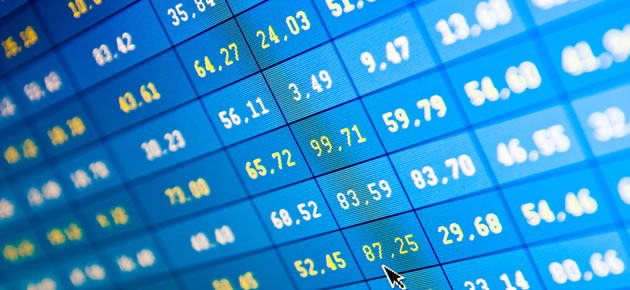On Thursday the ‘Aussie’ advanced on the majority of its currency counterparts, including the Euro, as investors reacted to Australian business investment data.
The Australian Dollar was buoyed earlier in the week by the news that Australian construction work unexpectedly increased by 0.3 per cent in the first quarter and the South Pacific currency extended gains as a report revealed higher than forecast spending in the manufacturing sector.
The figures compiled by the Australian Bureau of Statistics did show that new private capital expenditure dropped by 4.2 per cent in the first quarter of the year, following a 4.5 per cent decline in the fourth quarter of 2013.
A 1.9 per cent decline had been anticipated.
However, this outlook for future expenditure was actually far more positive than some industry experts had feared.
Machinery, equipment and plant investment had risen by 2.8 per cent and it appears that business investment over the current financial year will be comparable to the level of investment recorded last year.
An economist with the National Bank of Australia stated; ‘There was a big fall in mining investment which I don’t think anyone would be surprised with but for manufacturing and other industries, investment was up, so that’s somewhat reassuring. It’s still pointing to quite a big downturn [but] came out stronger than expected, so there are some signs of life in the non-resource industries’.
The Australian Dollar posted notable gains after the report was published and was also supported by the news that Australia’s new home sales increased by 2.9 per cent in April, month-on-month following a 0.2 per cent gain in March.
Yesterday the Euro put in a mixed performance as data showed that German unemployment climbed while a measure of economic sentiment for the Eurozone achieved a multi-month high.
An absence of any notable data for the Eurozone is likely to severely limit movement in the Euro to AUD exchange rate in the hours ahead.
Before the weekend volatility could be triggered by Australia’s private sector credit report and Germany’s retail sales figures.
If German retail sales are shown to have increased by 0.2 per cent in April, month-on-month, as expected by economists the Euro could stage a rebound on Friday.
Euro (EUR) Exchange Rates
[table width=”100%” colwidth=”50|50|50|50|50″ colalign=”left|left|left|left|left”]
Currency, ,Currency,Rate ,
Euro, ,US Dollar,1.3592,
,US Dollar,1.3592,
Euro, ,British Pound,0.8136,
,British Pound,0.8136,
Euro, ,Australian Dollar,1.4628,
,Australian Dollar,1.4628,
Euro, ,New Zealand Dollar,1.6010,
,New Zealand Dollar,1.6010,
Euro, ,Canadian Dollar,1.4762,
,Canadian Dollar,1.4762,
[/table]



